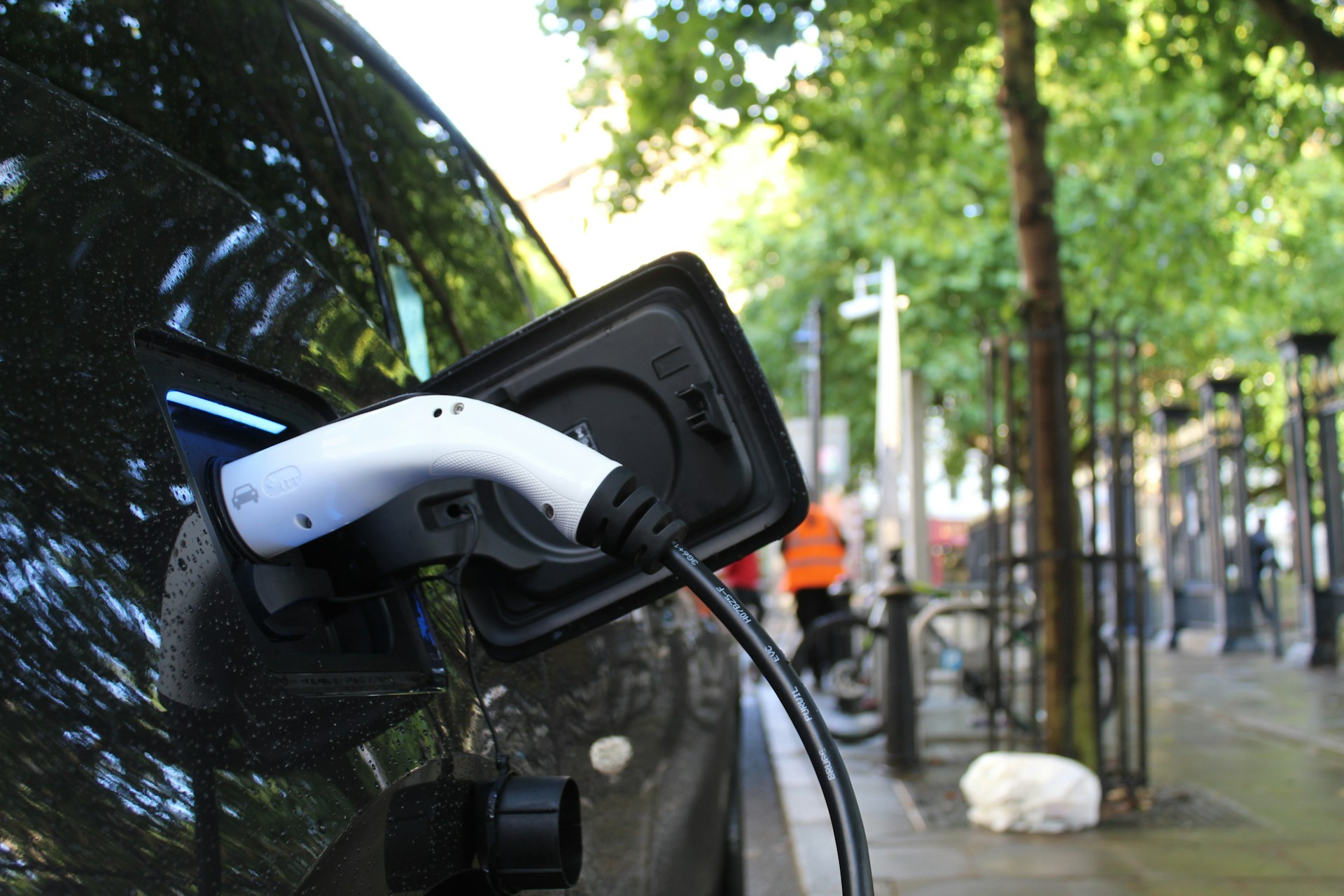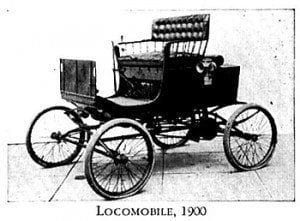Campus News, Featured, News
Fostering Electric Vehicle Adoption: How Colleges and Universities Encourage EV Use
Jennifer Dawson

Electric vehicles are generating more interest among young drivers in the US. According to a recent Gallup survey, 42 percent of Americans aged 18 to 29 are considering buying an electric car sometime in the future. As more individuals are thinking about owning an EV, many businesses and institutions are preparing for the widespread adoption of green transportation, including colleges and universities across the country.
As a way to prioritize sustainability, some learning institutions are now implementing initiatives to encourage the use of EVs. By introducing new technologies and educating students on the benefits of alternative transportation, campuses across the nation can look forward to a clean and green tomorrow. Here’s how colleges and universities are fostering electric vehicle adoption.
Installing EV Charging Stations on Campus
To meet growing student and faculty demand for sustainable transportation, US learning institutions have installed charging stations to promote zero-emission vehicle options while extending EV range. In California, San Diego State University installed Chargepoint and DirtRoad charging stations located throughout the campus, and these can be used by staff, students, faculty, and visitors. Drivers can charge their vehicles anywhere from 2 to 6 hours maximum, depending on where the station is located, and anyone who wants to use a charging port should have a valid SDSU parking permit. In Utah, Northwestern University has recently doubled the number of its charging ports, and there are 16 stations where you can charge for as long as three hours for free. EV users who want to continue charging are required to pay $3.25 per succeeding hour.
The universities mentioned are just two learning institutions among hundreds that have taken active steps to provide accessible charging to students. However, there are some colleges that have yet to step up their game when it comes to fostering EV adoption. Facilities management department heads, who are in charge of infrastructure building and sustainability initiatives in campuses, should understand the cost of EV charging stations. Doing so allows them to be more informed so they can develop a budget, and come up with a plan to offset costs with tax credits or incentives from the government. This way, more charging stations can be installed without making a huge dent in the school’s operation budget.
Electric Bike Share and Rental Programs
Not everyone wants to bring a car on campus since the cost of parking can be expensive. Some students end up paying hundreds of dollars per academic year for parking passes, making it a significant financial burden for those who are already struggling to keep up with the cost of daily expenses in school. As a way to provide greener and more affordable transportation options for students and faculty members, some universities and colleges have initiated electric bike share and rental programs. Not only do these programs help learning institutions to meet sustainability goals, but they also eliminate the need to build more parking garages. Even better, students don’t have to spend a single cent on parking fees.
One school that has implemented this program is The Pennsylvania State University, wherein students and visitors 18 and above can rent an e-bike to ride on campus. Using the SPIN app, people can locate parked bikes for pick-up, and those with a Spin+ membership can have unlimited $4 rides up to 20 minutes per ride. Meanwhile, UCLA has partnered with Bird to provide shared rental electric scooters and bikes to its campus community members. With a monthly Bird rental, riders can get unlimited rides for less than $1 per day, and the program also provides discounts for students with low incomes.
Electric Shuttles
To create an eco-friendly transportation network, several campuses have incorporated electric shuttles into their public transit programs. One of them is the University of Illinois which is currently offering the UI Ride, an intercampus e-shuttle that takes students and faculty between Urbana Champaign and Chicago. This shuttle can comfortably seat up to 18 passengers, and it features on-board amenities such as a restroom, reading lights and reading trays, and two wheelchair accessible seats. There’s also the University of Iowa, which has recently purchased six electric buses as a way to start the electrification of their shuttle system.
Encouraging EV use can create a culture of eco-consciousness in campuses all across the US. By providing charging stations and green transportation alternatives, colleges and universities can meet their zero emission goals, and create a healthier and more sustainable environment for everyone in the campus.
SEE ALSO: The Chance Perdomo Legacy Award Created for 45th College Television Awards












